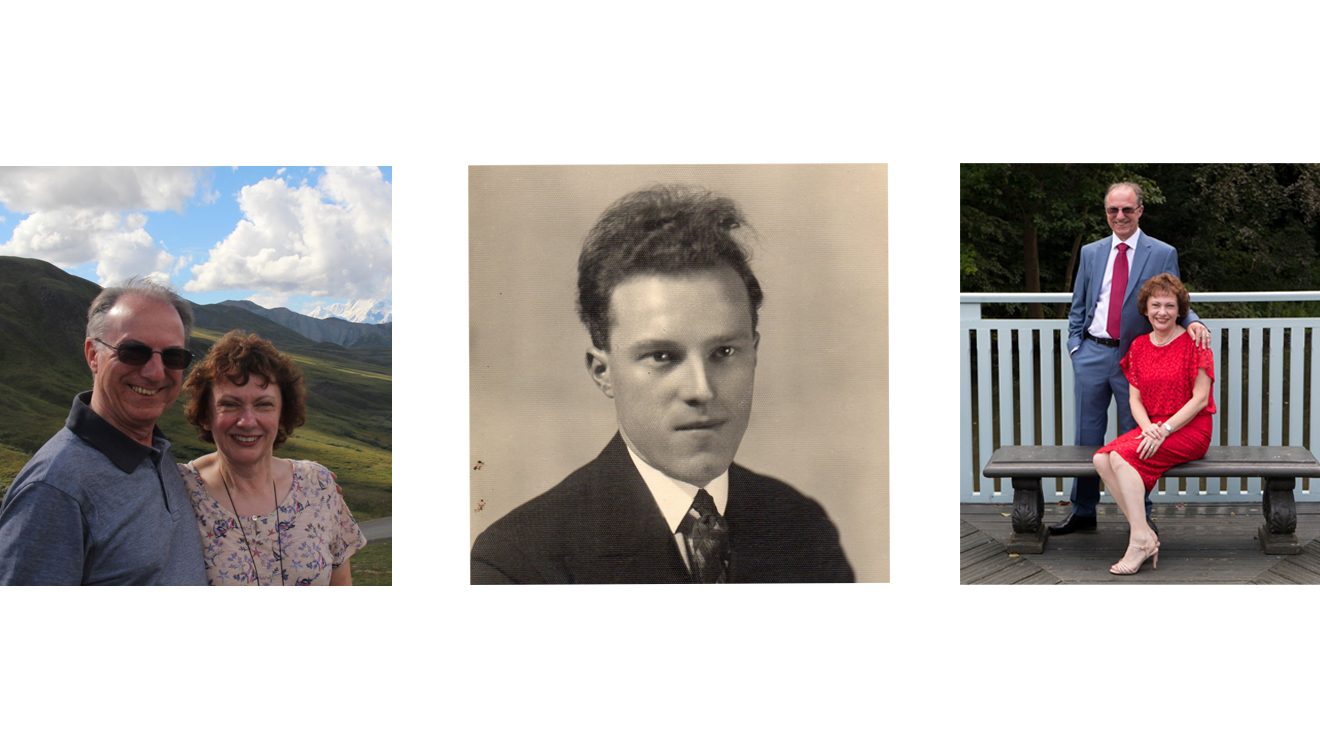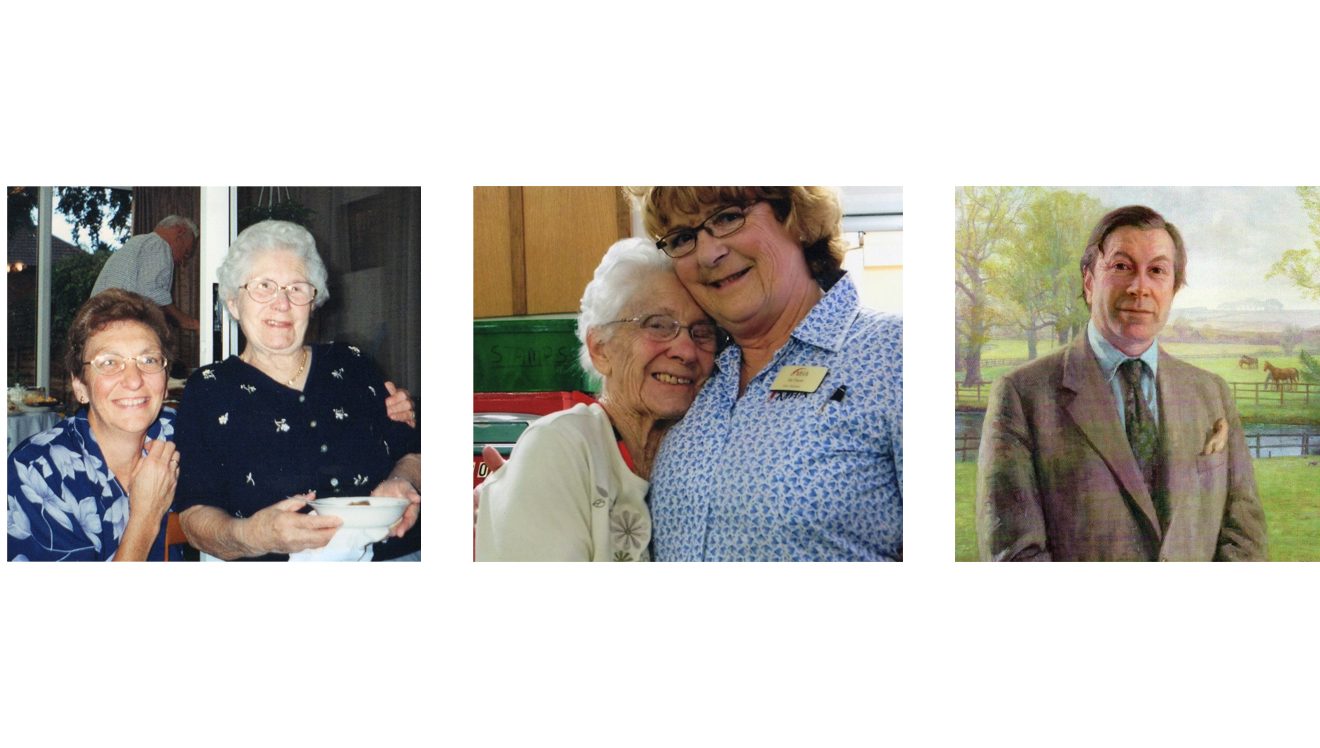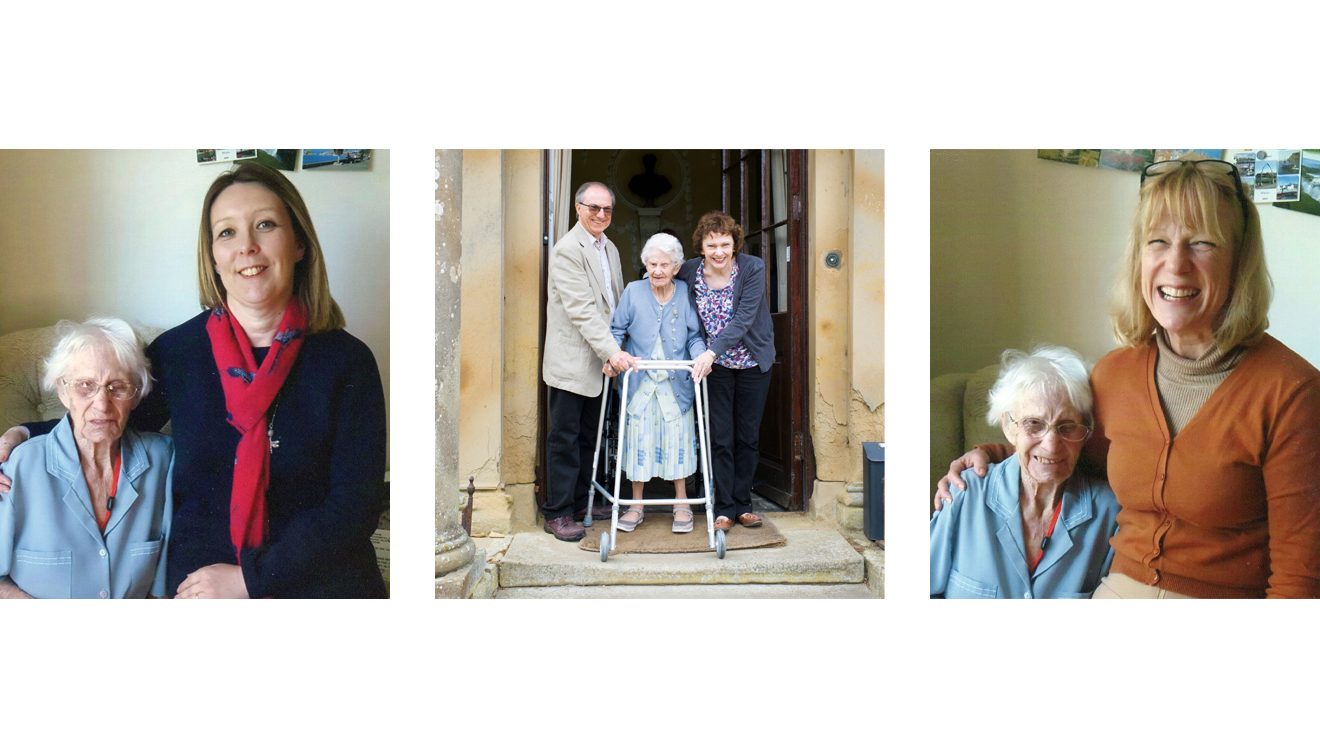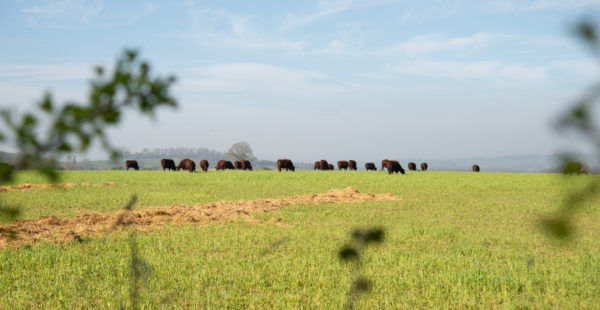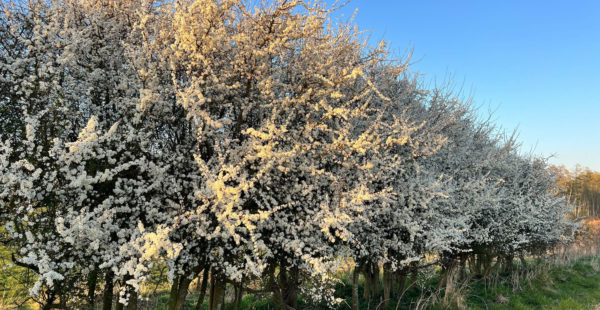My Days – a Labour of Love
David Brown, Kathleen’s son, reflects on the emotional journey he took into his own heritage when he discovered his mum’s memoir, ‘My Days’.
IN SERVICE
I was brought up in Lincoln, came to Sheffield University to study physics and never left. I taught for three years after graduating then worked in IT for British Steel. My section became semi-autonomous and was sold off to Capgemini, for whom I spent the last ten years of my working life as an accountant. Both Pam and I took early retirement 12 years ago and we’re loving it. From our home, the Peak District is a five-minute drive and Meadowhall a 20-minute tram ride. We make the most of where we live and get outdoors most days. I’m not sure how we ever found time for work.
When I started secondary school in Lincoln, mum returned to work, mainly cleaning for people. One of her clients was George Barnes of Barnes Removals for whom she cooked, cleaned and cared. I remember Mr Barnes showing us a place at North Hykeham where they stored entire homes for RAF personnel. His father had started the family firm with a horse and cart so they’d really come a long way.
Mum spent most of her life in service in one way or another and she loved it. When she lived at Stones Place, she was always uncomfortable being ‘done for’ despite her age and poor eyesight. Mum certainly wouldn’t have understood or coped with lockdown. She was a chatterbox and a hugger and was rarely poorly. She spent the last six years of her life at Stones Place, which is a wonderful home with wonderful staff. They loved her and mum loved them. She regained her sense of fun there.
My dad was an aircraft fitter during the war and continued his trade in peacetime. He worked on RAF bases including Scampton, Waddington and Coningsby in wartime, and worked for A.V. Roe after the war. He started his career on Lancasters and finished on Vulcans. He was always nostalgic about Lancasters but didn’t talk much about the war, which was normal for the time. He may well have been close to many aircrew who took off and never returned.


